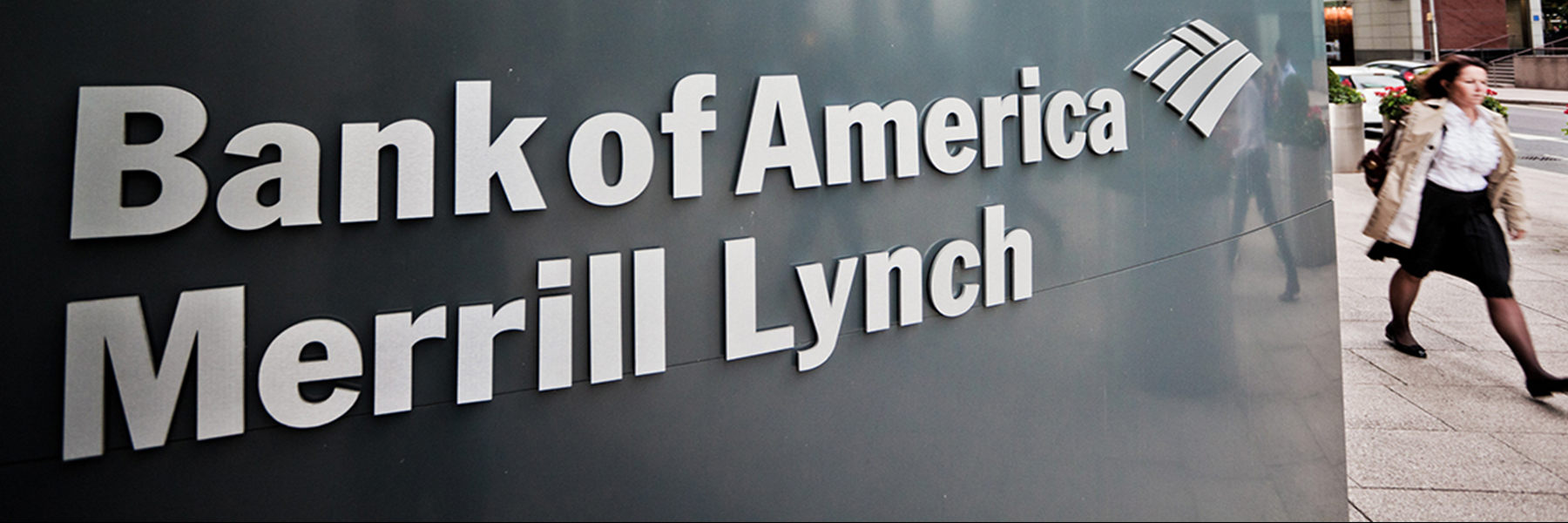When newly minted Wells Fargo CEO, Charlie Scharf, embarked on his initial earnings call most analysts were hoping for rainbows and lollipops with respect to the firms brand and reputation recovery.
That is not what they got, and in fact Mr. Scharf went so far as to go the other direction, lowering expectations that the final shoe may not have yet dropped.
Per media reports:
“Wells Fargo CEO Charlie Scharf acknowledged at an earnings call with analysts in early January that mistakes of the past are still impacting the firm.”
“Wells Fargo made “terrible mistakes,” Scharf said in that call, referring to the bank’s long-running scandals and the ensuing scrutiny from regulators.”
“We have not yet met our own expectations or the expectations of others. We must do what’s necessary to put these issues behind us,” he said last month.”
A sobering monologue if there ever was one – but smart by Scharf to lower expectations over the short term. But we wonder, what does that mean for the wealth management division, and competitive recruiting?
Wells Fargo continues to have one of the largest deals on the street (approaching 500% when including a post deal/deal) and their recruiting has trended upwards over the past two quarters. It has become a ’50/50′ proposition in that most weekends advisors leave WF but the same amount with like-minded assets and revenue join.
If managers and WF recruiters were smart they would leverage Mr. Scharf’s comments as ‘smart leadership’ in convincing wirehouse competitive recruits to join the firm. Much the way UBS rebuilt its reputation ahead of competitors during the financial crisis with Bob McCann and Bob Mulholland – smart leadership.
When competing among all wirehouses that seemed to have started 2020 with a renewed vigor for recruiting – any advantage should be leveraged in every possible way.



